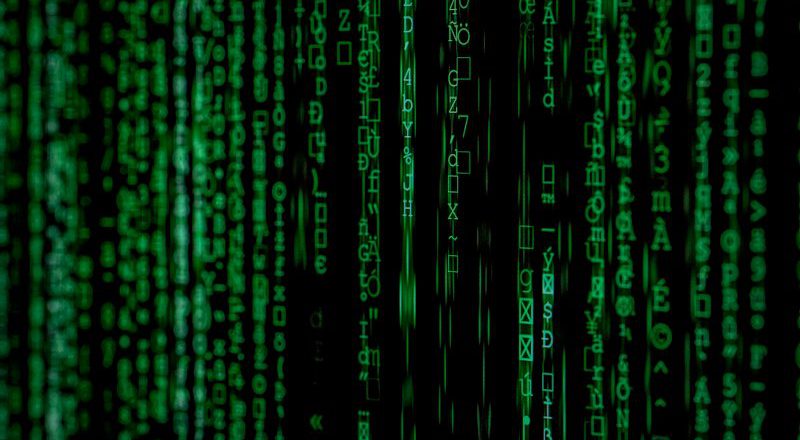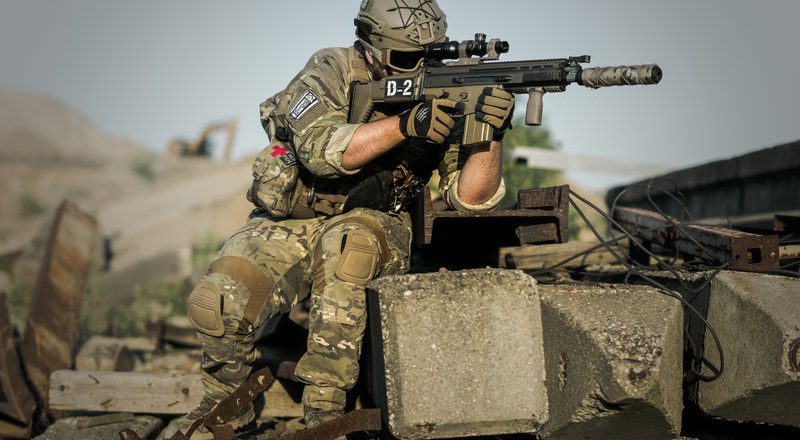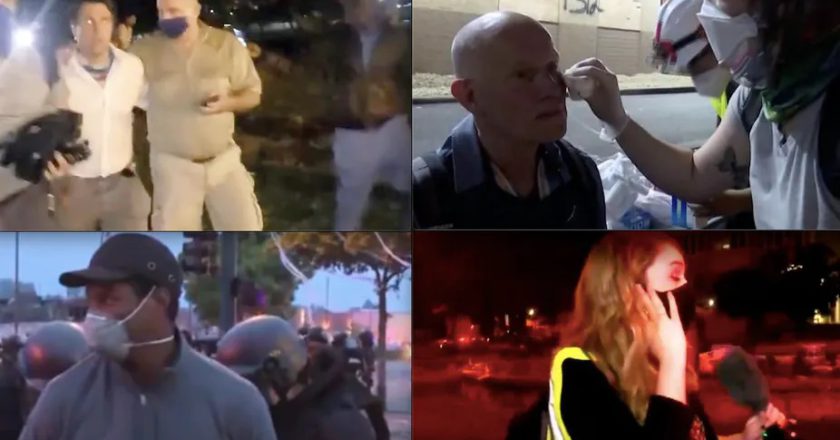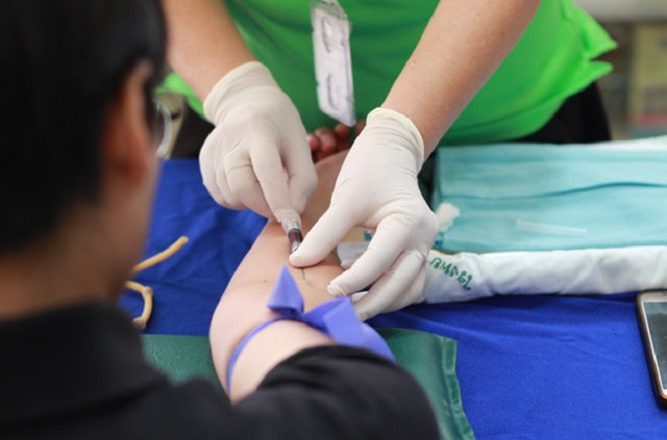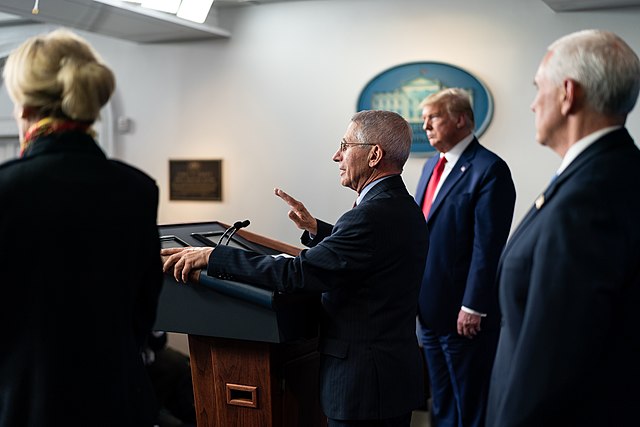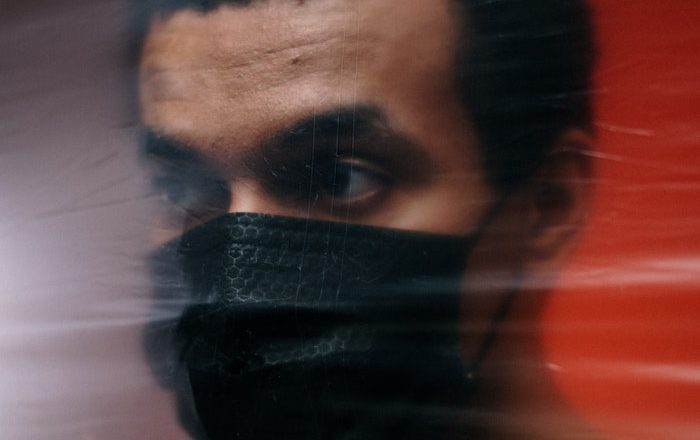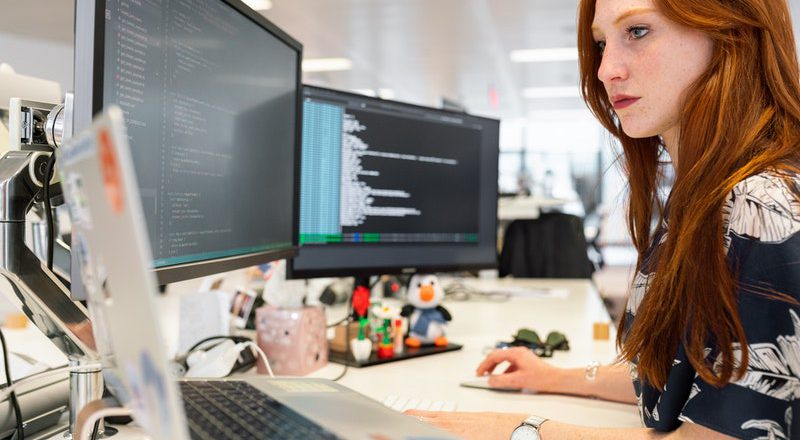Russian cyberthreat extends to coronavirus vaccine research
A Russian cyberespionage group that hacked into election networks before the 2016 U.S. presidential election is now attempting to steal coronavirus vaccine information from researchers in the U.S., U.K. and Canada. The governments of those three countries issued a warning on July 16 saying that the group known as APT29 or “Cozy Bear” is targeting vaccine development efforts. The group, which is connected with the FSB, Russia’s internal security service, had gotten inside the Democratic National Committee networks prior to the 2016 election.
This latest incident illustrates yet again how, beyond carrying all of our phone, text and internet communications, cyberspace is an active battleground, with cybercriminals, government agents and even military personnel probing weaknesses in corporate...

